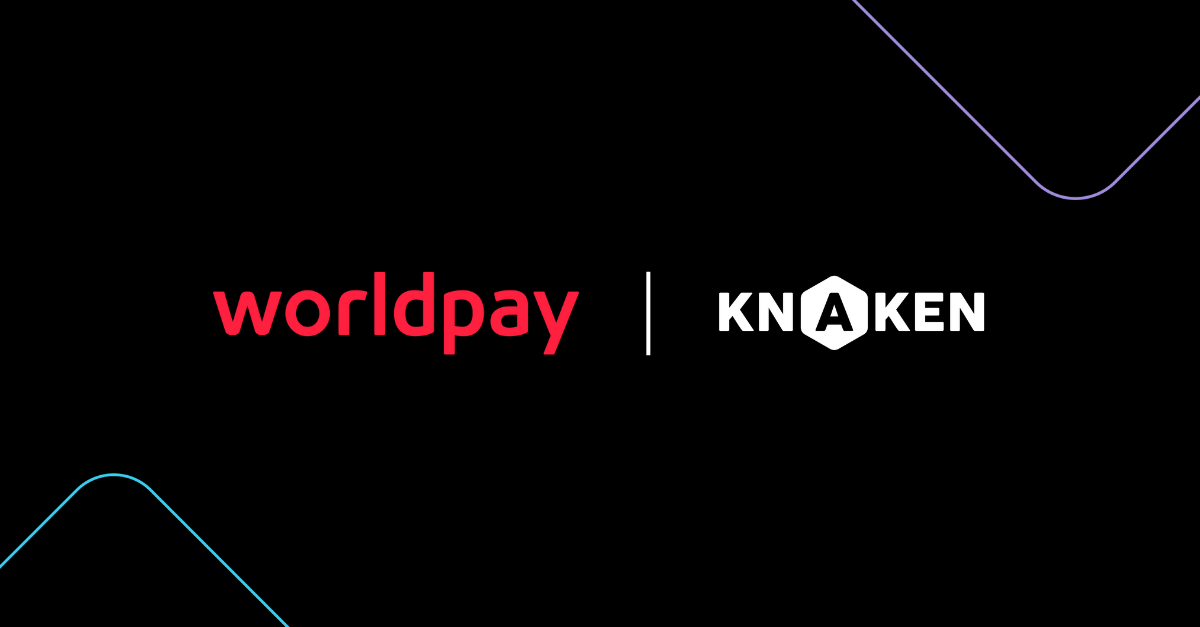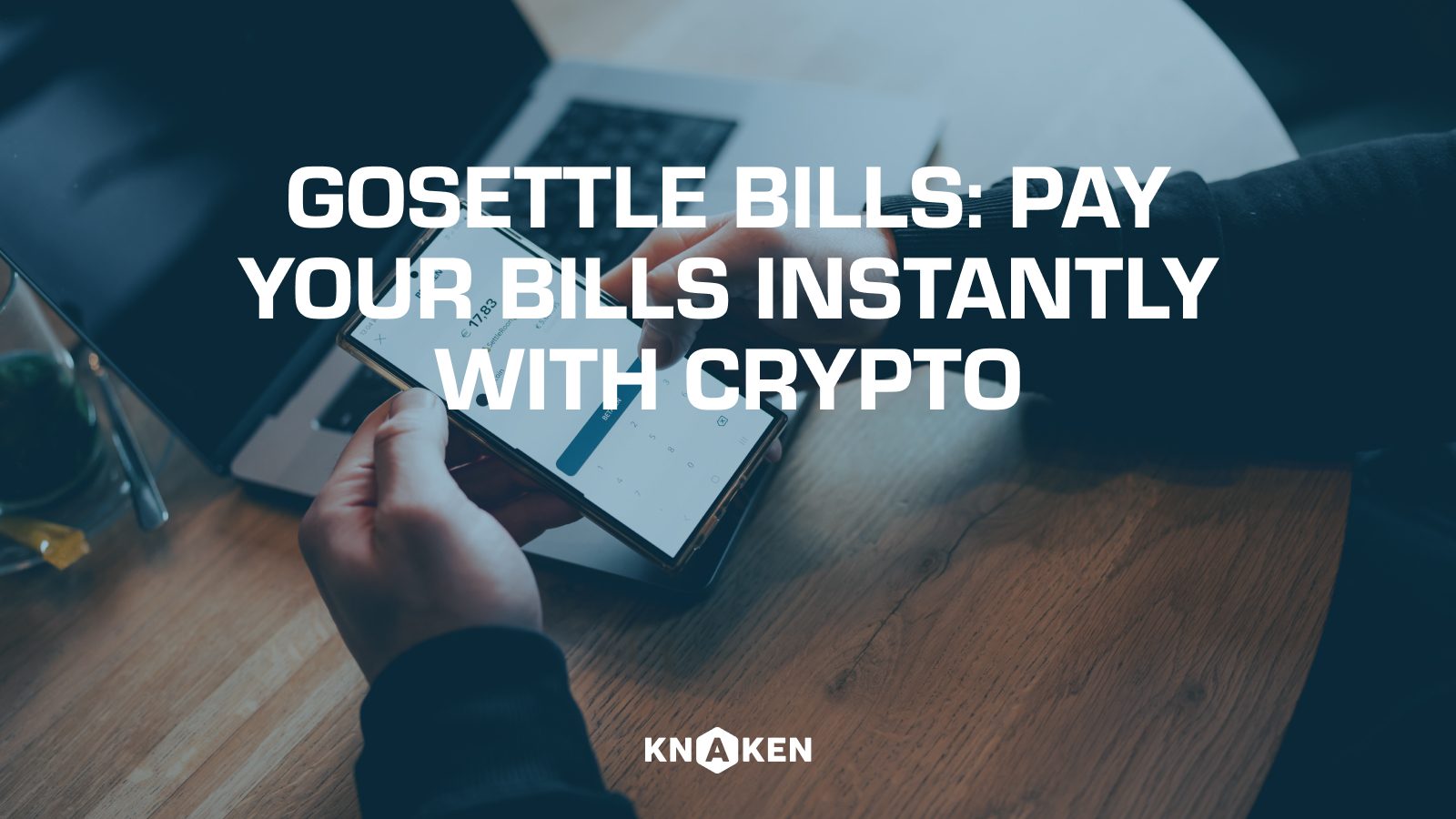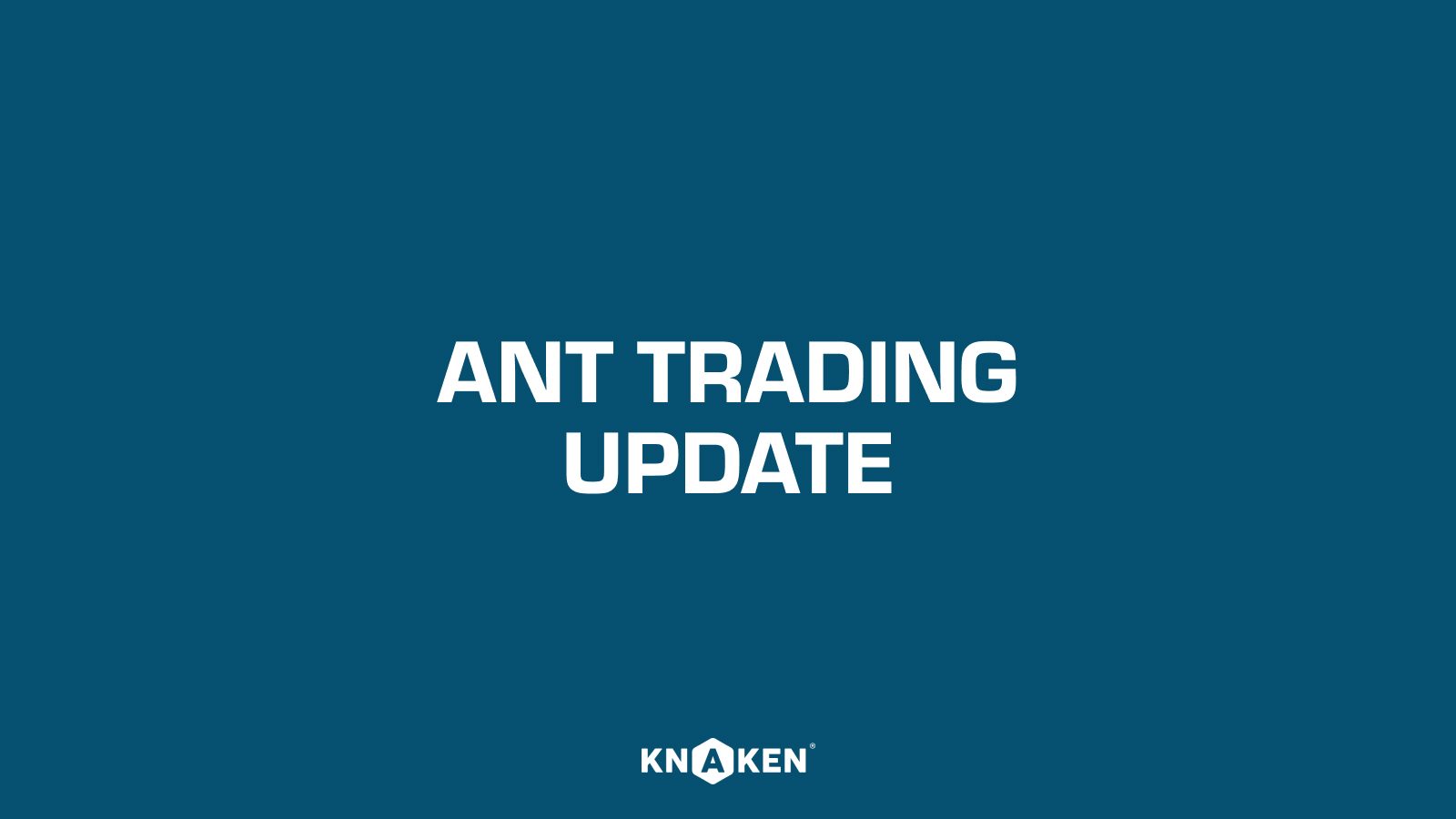Decentralized Autonomous Organization (DAO)
Introduction to DAO
Decentralized Autonomous Organizations (DAOs) are innovative entities that leverage blockchain technology to create governance structures that are automated and decentralized. Unlike traditional organizations that rely on a centralized authority, DAOs operate on a set of rules encoded as smart contracts on a blockchain. This structure enables members to collectively make decisions and manage resources without the need for intermediaries.
Key Features of DAOs
DAOs possess several critical features that differentiate them from conventional organizations:
- Decentralization: DAOs operate on a peer-to-peer network, reducing the necessity for centralized control.
- Autonomy: Smart contracts govern DAOs, enabling self-execution of rules and contracts without human intervention.
- Transparency: All transactions and decisions are recorded on the blockchain, providing full visibility to participants and stakeholders.
- Token-Based Governance: Members typically hold governance tokens that allow them to vote on proposals, influencing the direction of the organization.
How DAOs Work
DAOs function through a systematic process characterized by:
- Creation: A DAO is established by writing smart contracts that outline its purpose, governance mechanisms, and operational processes.
- Funding: DAOs often raise initial capital through token sales, enabling members to invest and participate.
- Proposal and Voting: Members can submit proposals for changes or initiatives. Votes are conducted using governance tokens, with outcomes determined by the majority.
- Execution: Once a proposal is approved, the smart contract automatically executes the decision, managing resources as stipulated.
Types of DAOs
DAOs can vary significantly based on their mission and structure. Notable types include:
- Protocol DAOs: Manage decentralized finance (DeFi) protocols, often governing their development and incentivization mechanisms.
- Investment DAOs: Pool together funds from members to invest in projects, startups, or cryptocurrencies.
- Service DAOs: Focused on providing services within the crypto space, leveraging pooled skills and resources.
- Social DAOs: Built around community engagement, these organizations often foster social interaction and collaboration among members.
Benefits of DAOs
The adoption of DAOs offers numerous advantages, including but not limited to:
- Increased Inclusivity: DAOs democratize decision-making, allowing a broader range of individuals to participate.
- Reduced Administrative Costs: Automation through smart contracts minimizes the need for administrative overhead.
- Global Reach: Anyone with internet access can participate in a DAO, breaking geographical barriers.
- Enhanced Security: The use of blockchain technology ensures data integrity and security, reducing the risk of fraud.
Challenges Facing DAOs
Despite their benefits, DAOs also face several challenges:
- Legal Uncertainties: The lack of a clear legal framework for DAOs can lead to complications regarding liability and governance.
- Voter Apathy: Low participation rates in voting can hinder effective governance and decision-making.
- Scalability: As DAOs grow, maintaining efficient communication and decision-making can become complex.
- Security Risks: Vulnerabilities in smart contracts can lead to hacks or exploits, compromising the integrity of the organization.
Real-World Examples of DAOs
Several successful DAOs exemplify the potential of decentralized governance models:
- MakerDAO: Governs the Maker protocol, which facilitates the creation of stablecoins through collateralized loans.
- Uniswap DAO: Manages the Uniswap decentralized exchange, allowing token holders to influence protocol fees and updates.
- Gitcoin DAO: Focuses on funding open-source projects, enabling community members to support development through donations and grants.
The Future of DAOs
The future of DAOs appears promising, as they continue to evolve and gain traction across various sectors. With advancements in blockchain technology and growing interest in decentralized governance, DAOs are likely to play an increasingly significant role in shaping the organizational landscape. Innovations in interoperability, legal frameworks, and governance structures will further enhance their functionality and applicability.
Conclusion
Decentralized Autonomous Organizations represent a revolutionary approach to organizational management, providing a new paradigm for collective decision-making and resource management. As more individuals and entities explore the potential of DAOs, their impact on industries, governance, and society at large is expected to grow, making them a crucial area of interest for blockchain enthusiasts and researchers alike.


















